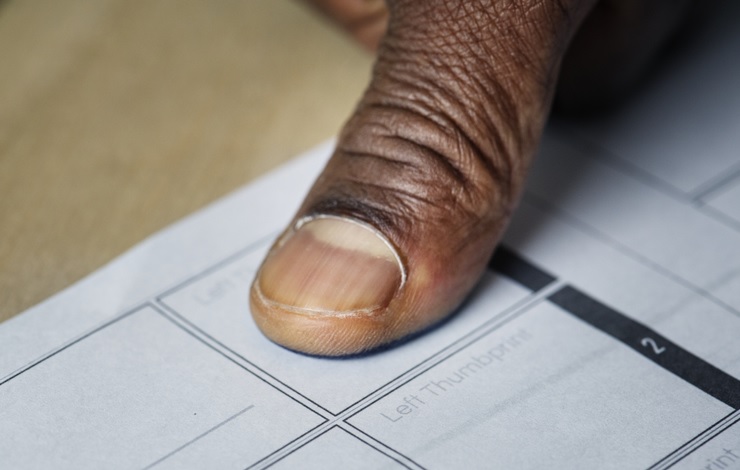
Elections to Watch in 2022
There are a number of important elections due to take place across Africa this year. From the much-delayed election in Libya, which is threatened by the worsening political crisis in the country, to the test of President João Lourenço in Angola, who will face a newly formed opposition alliance, Frente Patriótica Unida (FPU). However, Africa Integrity assesses that the most significant polls will take place in Kenya, Senegal and Tunisia.
In Kenya, President Uhuru Kenyatta is stepping down after his two constitutionally mandated terms, setting up a hotly contested race between long-term opposition leader and former Prime Minister Raila Odinga and Deputy President William Ruto. Since Kenya’s last election in 2017, which had to be re-run after the Supreme Court annulled the results, there has been a notable shift in the country’s political alliances, which are closely tied to Kenya’s ethnic groups. Kenyatta opened up dialogue with his former adversary Odinga, while distancing himself from his one-time ally Ruto, and is now backing Odinga’s bid for the presidency. Such shifting alliances have increased political and ethnic tensions, as Ruto tries to secure support from Kenyatta’s base, while the president seeks to transfer this support to Odinga. This was heightened further by Kenyatta and Odinga’s failed attempt to amend the constitution, which could have potentially provided Kenyatta with a role in the executive of the next government. The country is due to go to the polls on 9th August and it is highly likely that such growing tensions will lead to claims of electoral fraud and, potentially, violent unrest.
On the opposite side of the continent, Senegal, which has long been seen as one of Africa’s most stable democracies, will have its stability tested during the country’s legislative election in July. Rumours continue to circulate that President Macky Sall plans to run for an unconstitutional third term in 2024, which has heightened political tensions in the country. He has been accused of trying to silence opposition to this through concentrating more power in the presidency and arresting political opponents. One opponent who has been subjected to this is Ousmane Sonko, whose arrest in March 2021 sparked deadly protests in Dakar. Further protests have taken place across the country, particularly during the lead up to municipal elections in January 2022, in which the ruling party was defeated in Dakar and other major cities. Opposition parties will be encouraged by these results, and it is likely that they will present a serious challenge to the ruling party in July. Accordingly, tensions will be high and any perceived attempt by the government to interfere in the election will almost certainly trigger widespread unrest in urban centres.
Similarly, concerns about presidential overreach are dominating Tunisian politics, ahead of a constitutional referendum on 25th July and a legislative election on 17th December. Following a series of protests, President Kais Saied dismissed the government and suspended parliament in July 2021, in a move that has plunged the country into a political crisis. This sparked demonstrations both in favour and against Saied, highlighting the political divisions that exist in the country. Since then, Saied has concentrated more power in the presidency, providing himself with the ability to rule by decree and dissolving independent institutions, such as the Supreme Judicial Council. High profile opponents of Saied, including a former justice minister, have been arrested and the response of security forces to anti-government protests has become increasingly repressive. The largest party in the suspended parliament – the moderate Islamist Ennahda – has been the main force behind these protests and it plans to organise further demonstrations throughout this year. It is likely that the upcoming referendum and election will act as focal points for this protest movement, increasing the likelihood of unrest and political violence during these periods.
This article originally featured in Africa Integrity’s February 2022 Newsletter. To join our newsletter mailing list, please contact us.